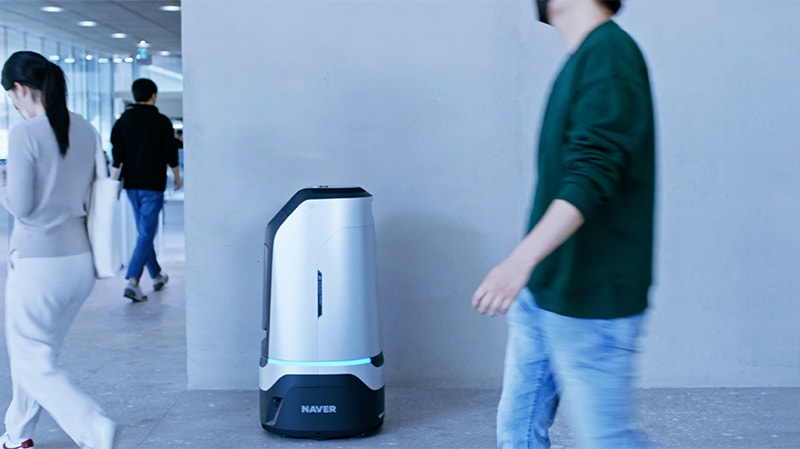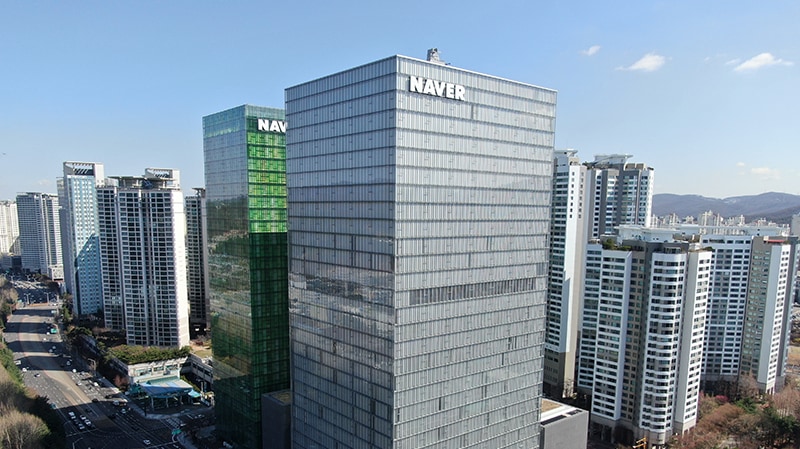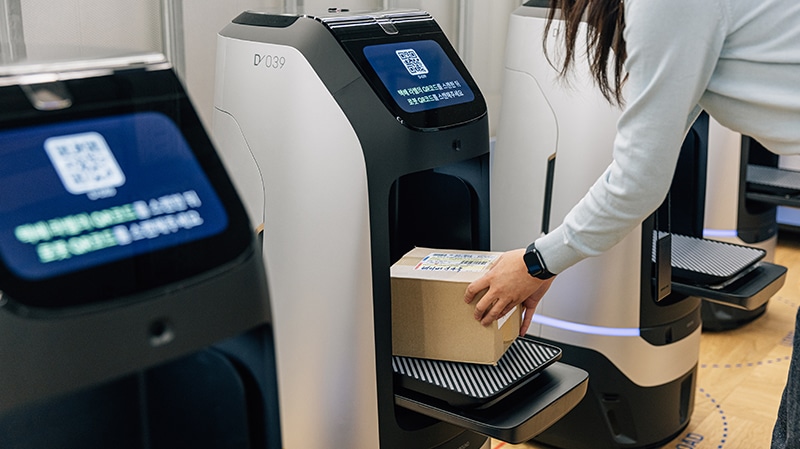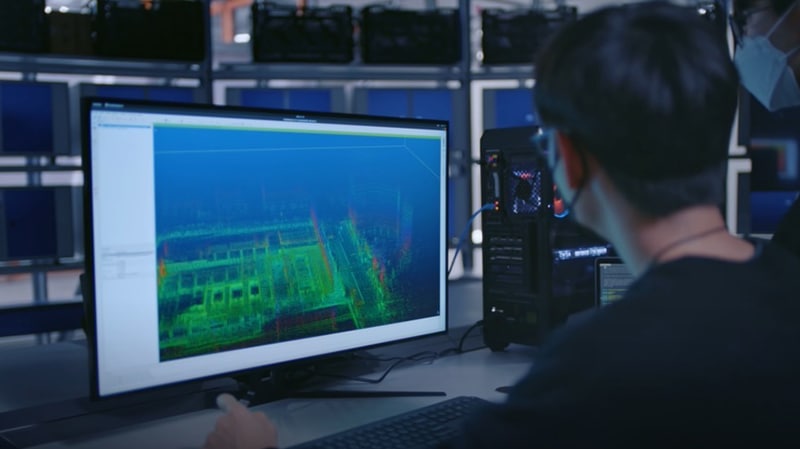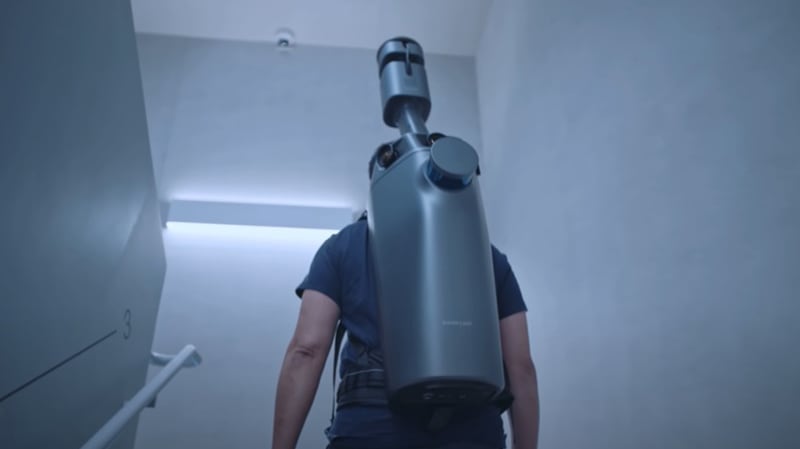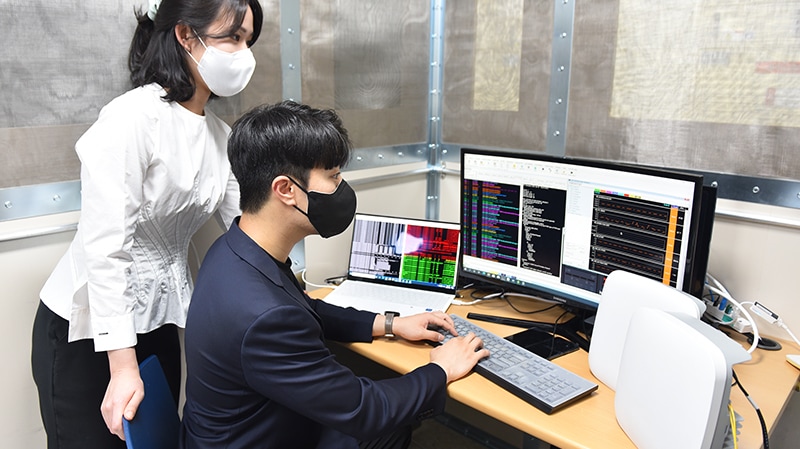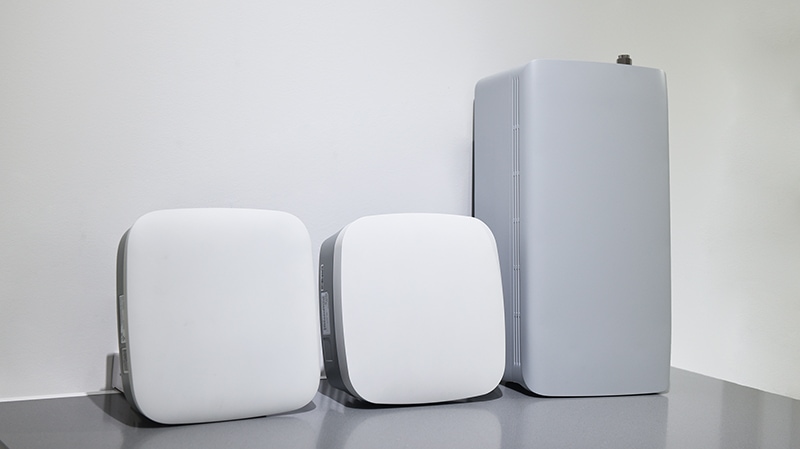In June 2022, Samsung Networks announced collaboration with NAVER Cloud to launch the 5G cloud-based autonomous mobile robot service using a live commercial private 5G network. This was the significant case in that it is that world's first autonomous mobile robot on private 5G network as well as the first private 5G commercial case in Korea.
This blog will explore details of innovative 5G autonomous robot use case and provide readers of full picture of how it became possible.


